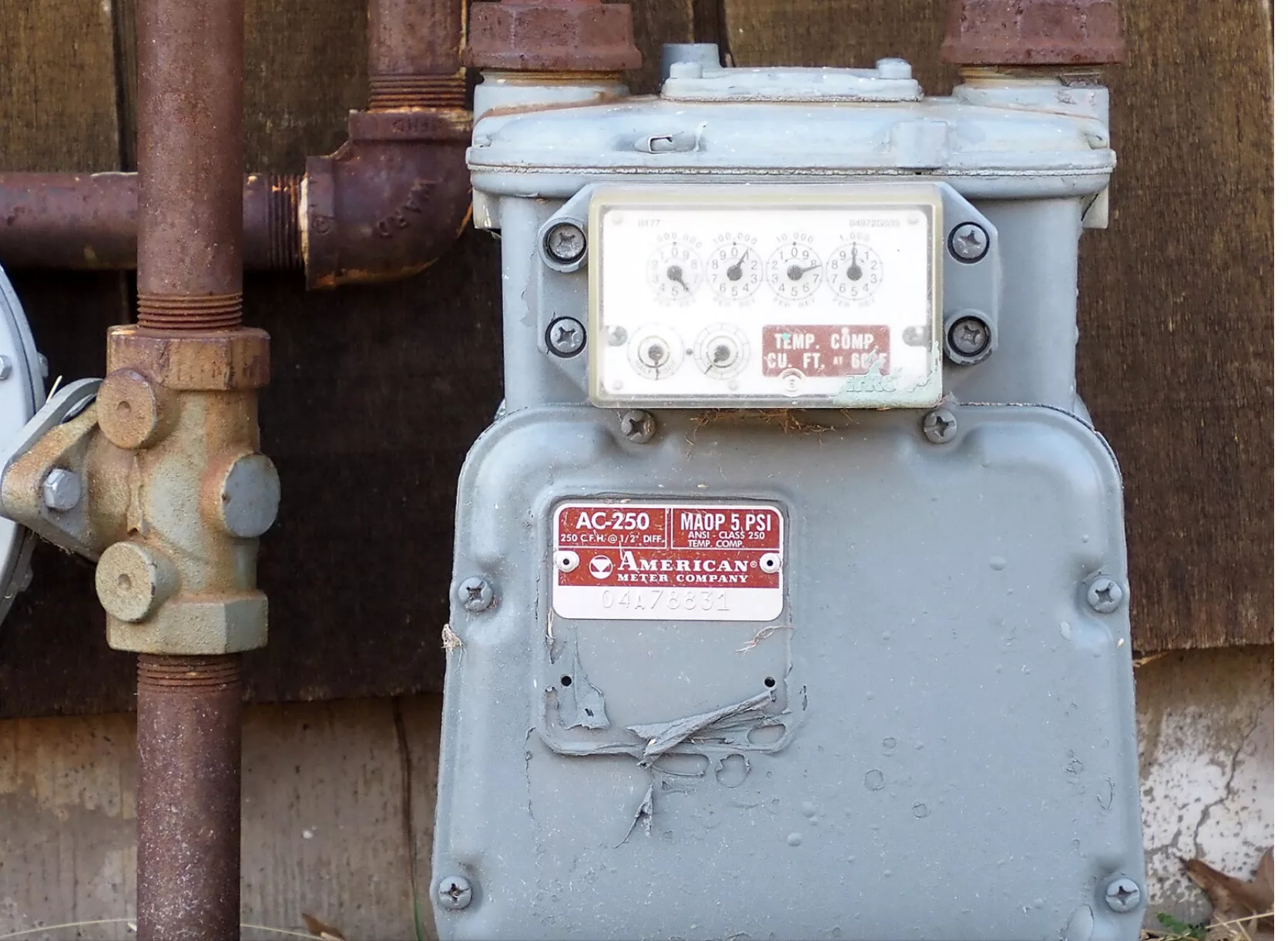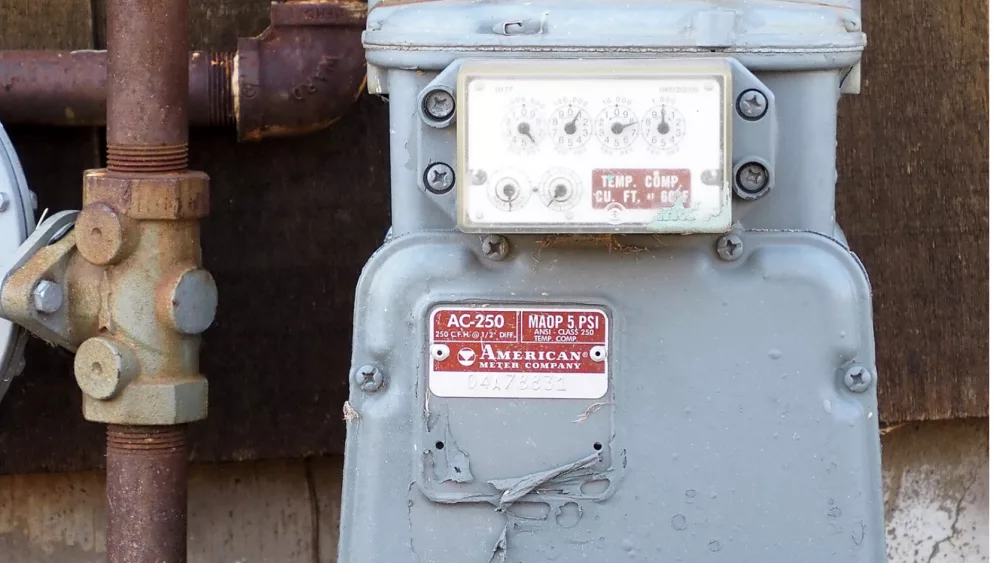
The legislation would apply to gas, water and sewer utilites
BY: ALLISON KITE
Missouri Independent
Utility companies could base customers’ rates on projected expenses rather than actual costs under legislation critics worry would increase Missourians’ bills.
Several bills prefiled ahead of the Missouri General Assembly’s legislative session, which starts Wednesday, would apply the new ratemaking standard to gas, water and sewer — but not electric — utilities. Lawmakers considered similar bills last year, but they did not make it to final passage.
Currently, utilities rely on audited past expenses — called a “test year” to set rates. Supporters of the legislation say using a historic test year means the information used to set customers’ rates is dated. A future test year, they argue, uses more current information.
“Just as a business or even the state of Missouri plans with the budgeting looking ahead, this method allows regulators to set rates based on updated information,” Sen. Mike Cierpiot, a Lee’s Summit Republican, said in a committee hearing last year.
Cierpiot, who has again filed a bill mandating use of a future test year, did not return requests for comment.
Critics say it would inflate Missouri utility bills.
“Essentially, it’s an accounting trick by monopoly utilities to take a little extra money out of your pocket,” John Coffman, an attorney for the Consumers Council of Missouri, said in an interview this week. Coffman estimated utility rates could climb by more than 10% under the legislation.
During the same hearing last year, Coffman called the legislation “anti-consumer” and said it amounted to a “rate increase piece of legislation.”
For-profit utility companies in Missouri are highly regulated because of their status as a monopoly. Every few years, they propose new rates to the Missouri Public Service Commission, which must sign off before companies change prices. Staff of the Public Service Commission, along with consumer and environmental advocates, are allowed to analyze the requested change and voice their opinions. Public hearings are held before the new rates can go into effect.
The Public Service Commission’s counterpart, the Kansas Corporation Commission, said Kansas utilities are not permitted to use future test years and it was not aware of any effort in the Kansas Legislature to change that.
The rate-setting process, supporters of the future test year legislation argue, should look ahead to upcoming expenses, not to past costs.
Christine Page, director of government and external affairs for Missouri American Water, said in a committee hearing last year that using a future test year would make for a more “collaborative” process.
Page said if Missouri American Water, which provides water to 1.6 million Missouri residents, were planning to invest in its infrastructure, stakeholders would be able to give input ahead of construction about how much is appropriate for the utility to spend.
Of the 13 states where American Water operates, Page said, nine use a future test year in ratemaking.
In a statement Friday, the company’s spokeswoman, Christie Barnhart, called the legislation “vital to addressing the critical water and wastewater infrastructure needs of our state.”
“These bills would allow for a more aggressive replacement of aging infrastructure before it has outlived its useful life, which is both more efficient from a cost standpoint and reduces service interruptions to the customer,” Barnhart said.
Jason Merrill, a spokesman for Spire Missouri, which serves gas customers in both Kansas City and St. Louis, said the company supports the legislation.
“Rather than rates being set on dated financial information, this would allow utilities to plan budgets in real time and regulators to set rates based on more current data,” Merrill said.
But that regulatory lag, Coffman said, is good for consumers. He argues it’s an incentive for utilities to keep their costs down. With a future test year, Coffman said, the incentives flip.
“The incentives become like a government where they have a budget, and if you don’t spend it, you lose it…so it flips the incentives from one that encourages cost control and cost management to one where the incentives are to spend all the money you can,” he said.
Ameren Missouri, which provides both electricity and gas service to Missouri customers, said in a statement that it supported the idea of a future test year.
“Currently several large new users of electricity that could provide thousands of jobs and billions of dollars of investment are considering Missouri as a place to locate,” Ameren’s vice president of regulatory affairs, Warren Wood, said. “To seize on these economic development opportunities and to continue to be a leader in reliable and affordable electricity, new generation plants are critically needed.”
The bill is one of several introduced for the coming session that could affect utility rates. Another would allow utilities to start charging customers for new electric generation facilities that are still under construction.
Last year, Senate Majority Leader Cindy O’Laughlin filed legislation meant to stop mandatory time-of-use pricing for electric utilities after Evergy rolled out new rates that quadrupled in price during times of peak power demand.
In a statement, O’Laughlin didn’t take a position on the test year legislation.
“Utility policy is a complex issue that requires careful consideration of both the needs of consumers and the challenges utilities face in providing reliable service,” she said.



